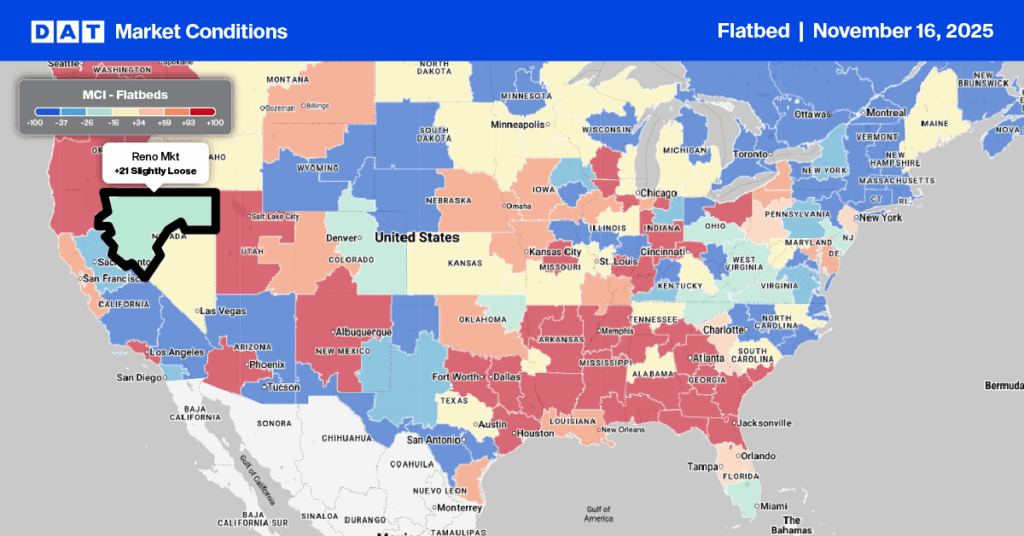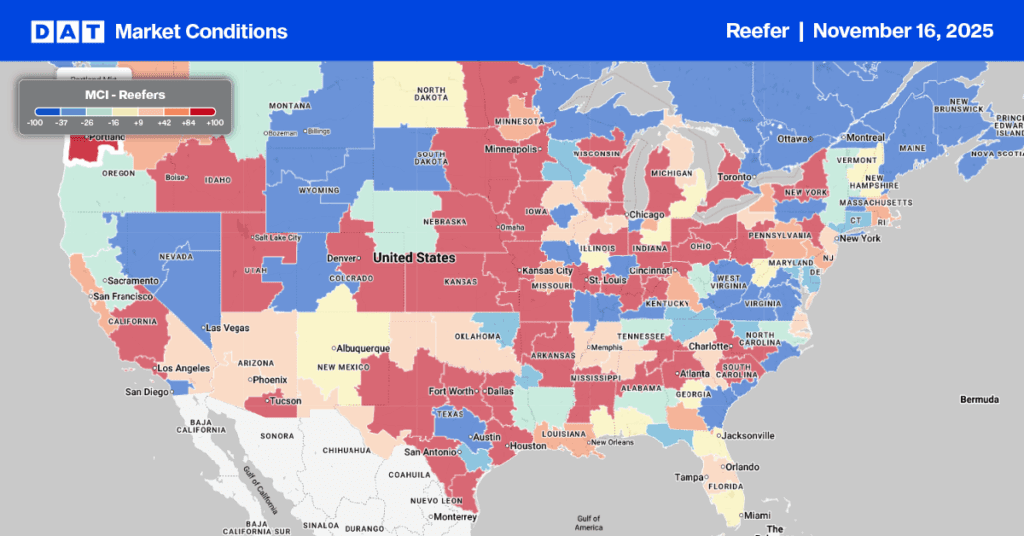Overtime pay for truckers gains momentum
It’s hard to believe that in 2023, truckers, one of the most essential elements of a functioning supply chain, have been denied overtime protection for nearly 100 years. On top of that, their minimum work week starts at 60 hours and is often as high as 70, depending on the radius of their operations. That’s around 70% more than what’s prescribed in the 1938 Fair Labor Standards Act (FLSA), which states, “Employees may not be employed for more than 40 hours in a week without receiving at least one and one-half times their regular rates of pay for the overtime hours.” However, truckers and other occupations were excluded from the 1938 Act.
To right this wrong, Senators Edward J. Markey (D-Mass.) and Alex Padilla (D-Calif.) and Representatives Jeff Van Drew (NJ-02) and Mark Takano (CA-39) introduced legislation to ensure that truckers are compensated fairly for the hours that they are on the clock, including overtime. The Guaranteeing Overtime for Truckers Act would repeal the motor carrier provision of the 1938 FLSA.
A bipartisan effort to adequately pay drivers for their time
Senator Markey said, “From the food we eat to the medical supplies we use daily, truck drivers make sure consumer goods and commodities reach their destination on time. However, obsolete labor regulations have denied truck drivers their rightful pay for almost a hundred years, leading to high turnover and supply chain disruptions. Senator Padilla and I are reintroducing our Guaranteeing Overtime for Truckers Act to fix this injustice and ensure these vital workers receive their hard-earned overtime pay. I thank Senator Padilla for his continued effort in delivering fair pay for our truck drivers – the vital engines that keep our economy running.”
“America’s truck drivers are on the frontlines of our economy, enduring long hours away from home and, all too often, unpaid wait time at congested ports and warehouses. That’s because truck drivers have been excluded from overtime pay protections for decades,” said Senator Padilla. “If truckers are forced to wait while on the job, they should be paid. This is not just a matter of fairness; it’s a matter of public safety. Experienced truckers are safer, and better compensation will help more of them stay in the profession. It’s time we guarantee overtime for truckers.”
What about owner-operators?
Todd Spencer, President of the Owner-Operators Independent Drivers Association (OOIDA) supports the bipartisan legislation, saying, “We are way past due as a nation in valuing the sacrifices that truckers make every day. This starts with simply paying truckers for all of the time they work. With this discount on a trucker’s time, ‘big trucking’ has led a race to the bottom for wages that treats truckers as expendable components rather than the professionals they are. We thank Senator Padilla for fighting to right this wrong by guaranteeing trucker overtime pay through the GOT Truckers Act. This legislation invests in truckers, road safety, and America.”
Repealing the 1938 FLSA also has the full support of the International Brotherhood of Teamsters, the Truck Safety Coalition, and the Institute for Safer Trucking. Sean M. O’Brien, President of Teamsters General, states, “Truck drivers have been denied overtime protections for nearly 100 years. The Guaranteeing Overtime for Truckers Act rights this wrong and would end this inexcusable abuse to hundreds of thousands of drivers nationwide.”
In contrast, the American Trucking Association’s (ATA) President and CEO Chris Spear said, “the proposal would actually reduce drivers’ paychecks and lose trucking jobs by upending the current pay model. To support this misguided legislation is a vote for supply chain chaos and the inflationary consequences for consumers.”



